
Many of us take the same route day in and day out to work, school, or the store. These drives are often so routine that it’s almost like your car could just drive itself. And then one day something changes, and your GPS tells you to take a different route. You are confused and have no idea why it would tell you to go a different way.
The GPS has to be wrong. You know exactly where you are going and how to get there. So you decide to ignore the GPS and go the same way you have always gone. The GPS keeps signaling you to go the other way, constantly rerouting you, but you tune it out, and maybe you just shut it off altogether. You continue driving, and just when you think you’ve outsmarted the GPS, you come upon a major traffic jam.
How did this happen? You have been taking this route for years, so how could you have gotten it wrong?
If only you had listened to the GPS, you wouldn’t be in this situation. The GPS knew there was a traffic jam ahead and was trying to tell you to take a different route so you could avoid it, but instead, you brushed it aside and ended up right smack in the middle of it.
How many of you can relate to this scenario?

I would bet that most of you have done this at one time or another.
Well, this is exactly what happens when you ignore your inner emotional GPS. Instead of listening to those feelings telling you that you are scared, anxious, angry, or depressed, you continue living life, going through the motions until you are in a traffic jam, at a total standstill, otherwise known as the Dead Zone.
So how do we get out of the Dead Zone? Or better yet, how do we avoid it altogether?
The Dead Zone is where we end up in life when we are not really happy, but we aren’t unhappy enough to do anything about it.
Most of us end up in the Dead Zone because we have learned to tune out our feelings, our inner GPS. We don’t know what these feelings mean or how to deal with them, so instead, we ignore them.
But that isn’t to say we don’t know something is “off.”
For a long time, I had felt like something was out of balance within myself. Like something was missing. I could feel it, but if you asked me about it, I honestly could not describe it or pinpoint what it was.
I also had this idea that if I had everything to be happy – a family, healthy kids, a devoted husband, a beautiful house, a nice car, a good-paying job, nice vacations, what was there to complain about?
I had no right to complain or feel unhappy, so I pushed those feelings aside and kept going in the same direction I had always gone.
While on this path, I suffered from panic attacks. I would cry at the drop of a hat for no “apparent” reason. At least once or twice, I called 911 and even ended up in the hospital. If you have ever had a panic attack, then you know how awful they are.
I felt like I couldn’t breathe, like my chest was tight. It felt like I was having a heart attack. But once the panic passed and I calmed down, I would pretend as if nothing had happened.
Many of us don’t know how to talk about these things; I know that I didn’t, and I definitely did not have the tools to deal with my feelings. The silent consensus was, “if you had no idea what was going on, you’re better off just brushing it under the rug.”
Admitting that I was deeply unhappy was shameful. I was taught that crying was a weakness, which meant I was powerless, and people would pity me, and I didn’t want anyone’s pity. So I learned to suppress my emotions. I remember my mom telling me that I should be grateful for what I have, but I didn’t know how to be grateful. So instead, I became ashamed of my inability to be happy and grateful, and later in life I took it out on my kids.
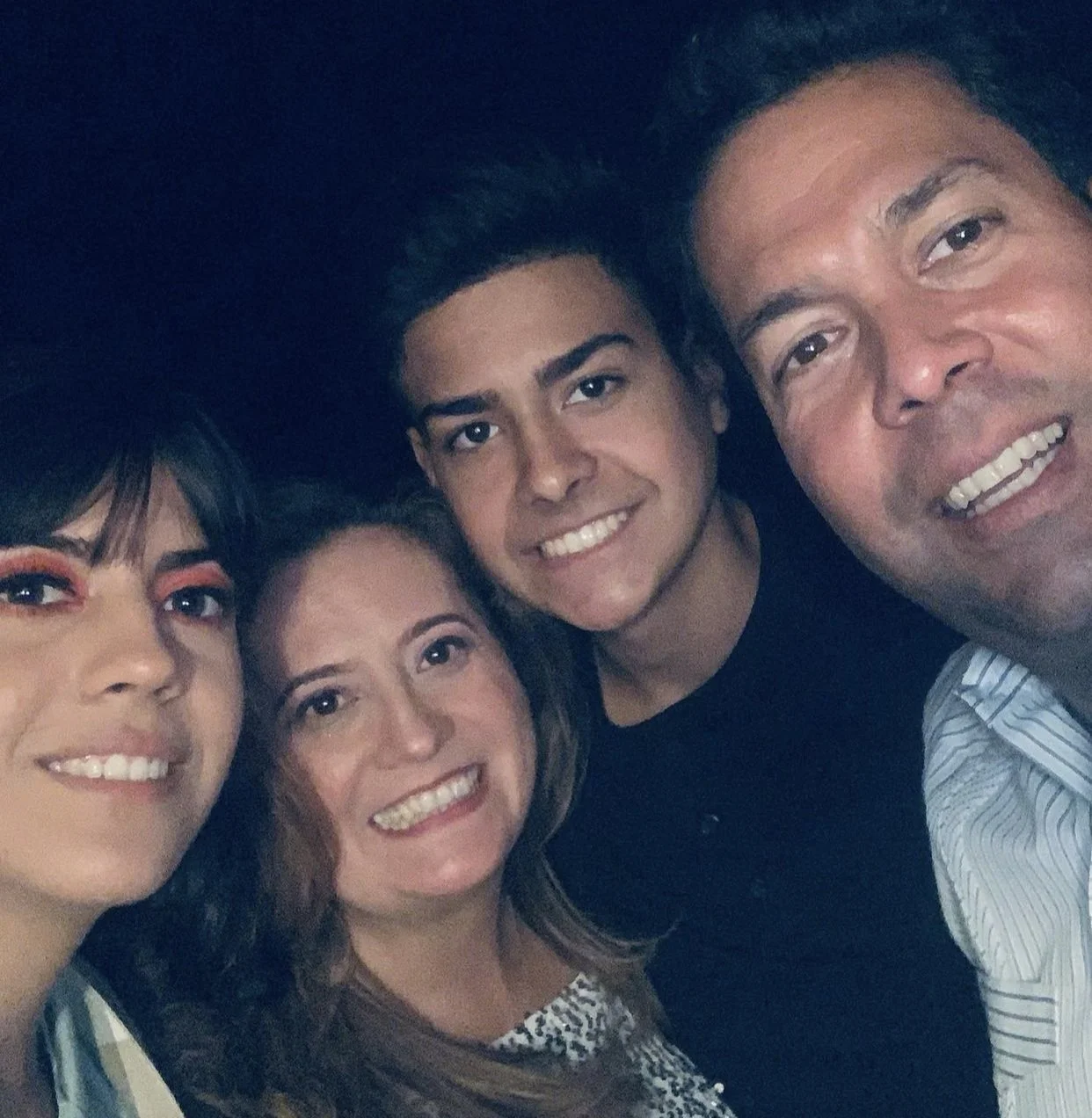
Like my mother, I got into the habit of calling my own kids ungrateful whenever they expressed their feelings or whenever they acted out or felt angry. I remember telling them they had nothing to complain about, “I’m an immigrant; I had nothing when I came over; you don’t know what it feels like to suffer.” I demanded that they stop being so sensitive.
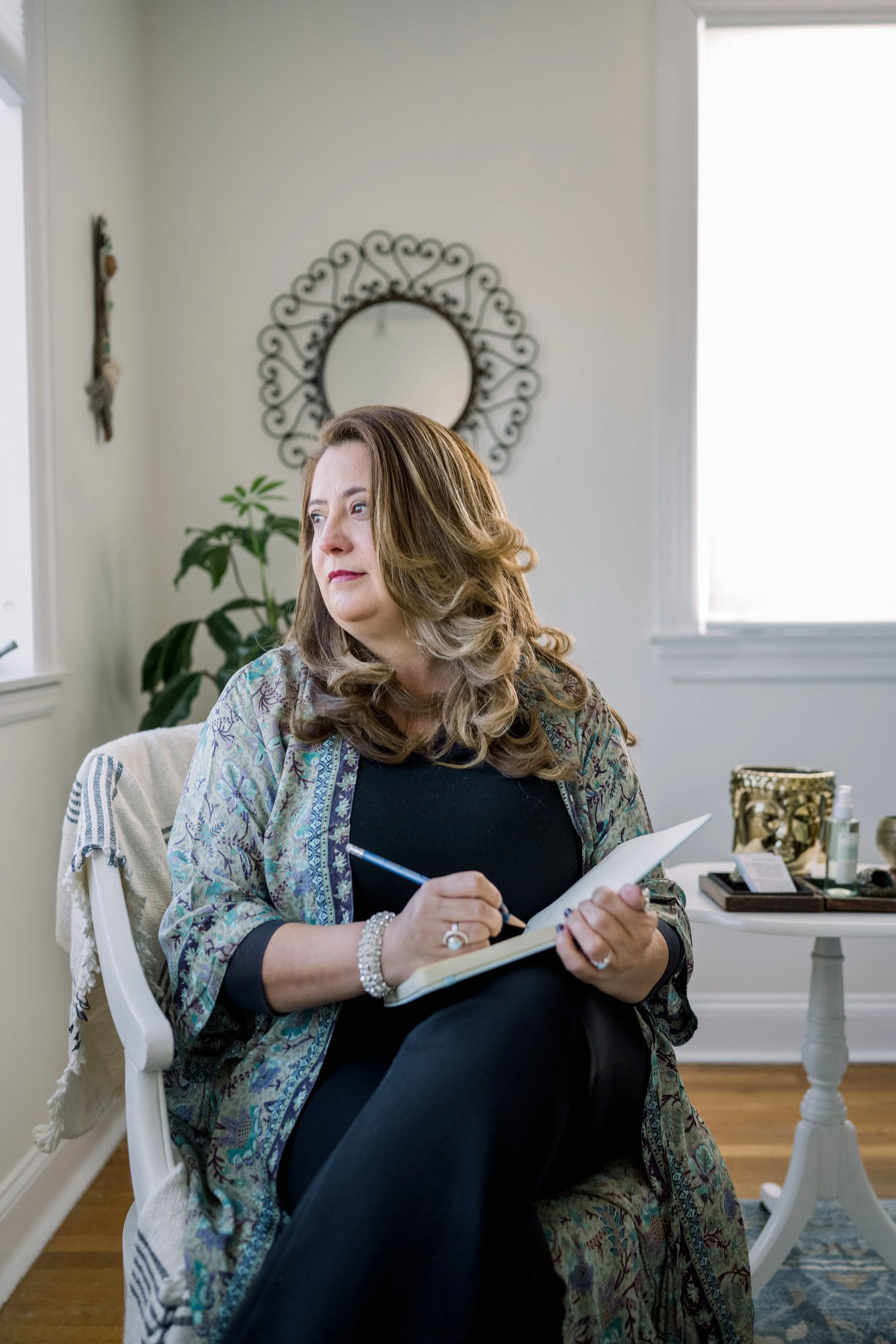
After a very heated argument with my daughter, Amanda, I remember her asking me, “when was the last time you asked me how I felt?”
That knocked the wind out of me. She was right. I never asked her how she felt. My mother had always made me feel bad if I showed emotions. I was told that I was selfish and ungrateful, so I had learned that feelings didn’t matter. And since my feelings didn’t matter, neither did my daughter’s.
Amanda’s question haunted me for months. That argument was a pivotal moment for me. It sparked a desire to explore and reflect.
I remember asking myself, if we are not supposed to feel these bad feelings, like anger, resentment, and even hate, why would these unpleasant feelings be part of our system in the first place? Why do we feel them?
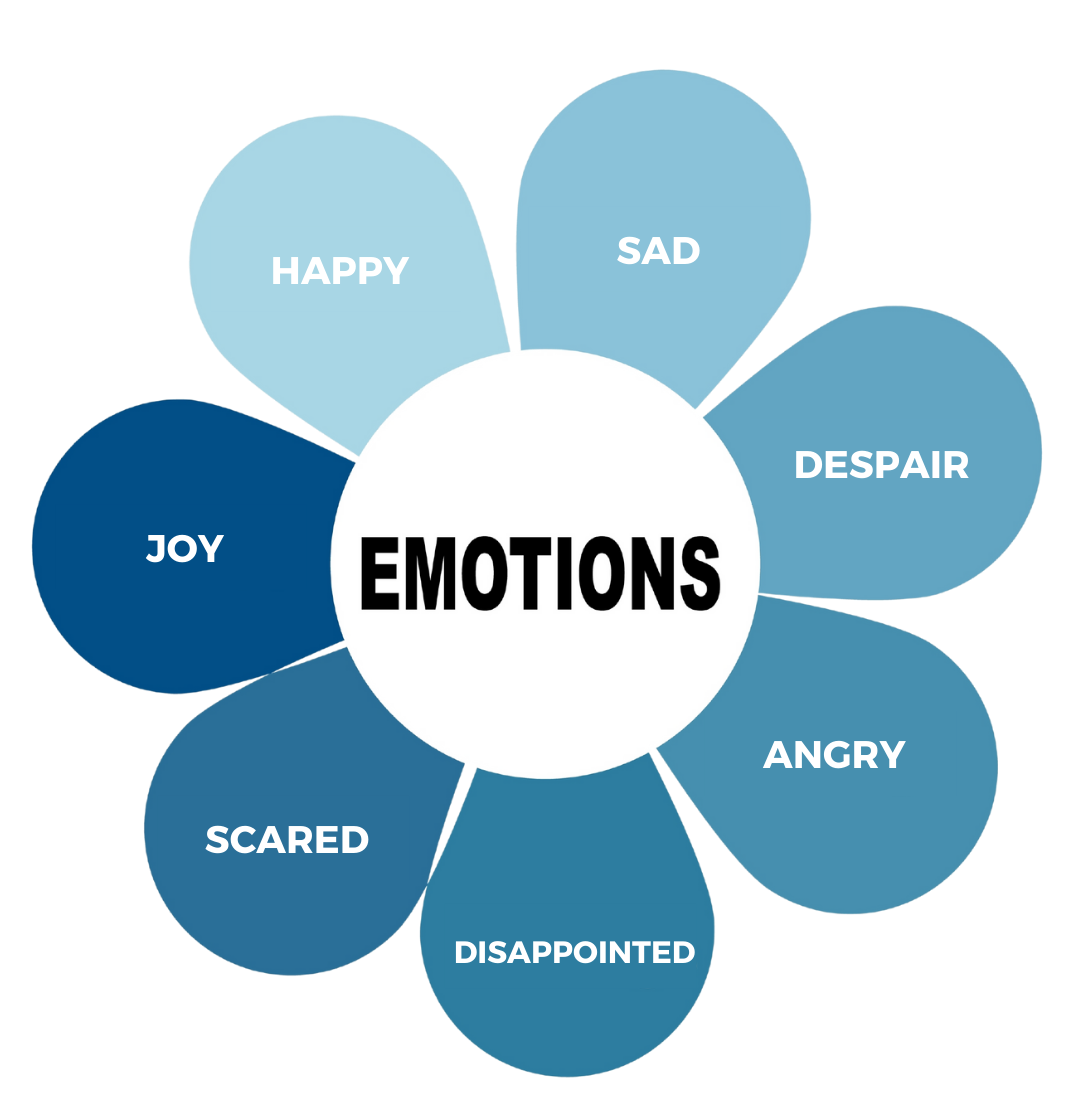
It seems like nature has a purpose for everything so why would she create something that feels bad, or that we aren’t even supposed to experience in the first place? It did not make sense to me. There must be a reason why we experience these emotions.
It was then that I became obsessed with understanding why at any given moment, we could experience a range of intense emotions from happiness to disappointment to rejection, to despair, joy, and so forth.
I was blown away by what I had learned. The years of objective learning, research, certifications, and experimenting with various processes and techniques coupled with practical means of subjective wisdom, have given me the ability to coach and guide my clients through a powerful healing journey. No, I can’t say I have all the answers because that would be arrogant and foolish. However, I can say that my own suffering and curiosity has paid off in a wealth of knowledge on emotional intelligence and healing.
“I remember asking myself…why would these unpleasant feelings be a part of our system in the first place? Why do we feel them?”

It was from my own journey of healing and self-discovery where the idea of an Inner Emotional GPS started to emerge in my subconscious mind. Just like the GPS in a car guides us to our destination, our Inner Emotional GPS, the most intelligent system there is, guides our thoughts, behaviors and actions.
Emotions and feelings are tools that allow us to navigate through life, but the system doesn’t work if you ignore it or shut it down. When we learn how to channel these emotions properly and listen to what our feelings are telling us, we become more intentional in how we live our life, which is an extremely powerful concept. The problem is that nobody is teaching us how to use this inner GPS, and unfortunately there isn’t a user manual that goes along with it either.
So how can we teach ourselves to listen to our inner emotional GPS? How can we learn to trust it enough to guide us in the right direction?
We must first acknowledge that emotions are there for a reason. They are there to tell us how we feel. They determine how we will react to certain situations, and they guide us in making important decisions in our lives.
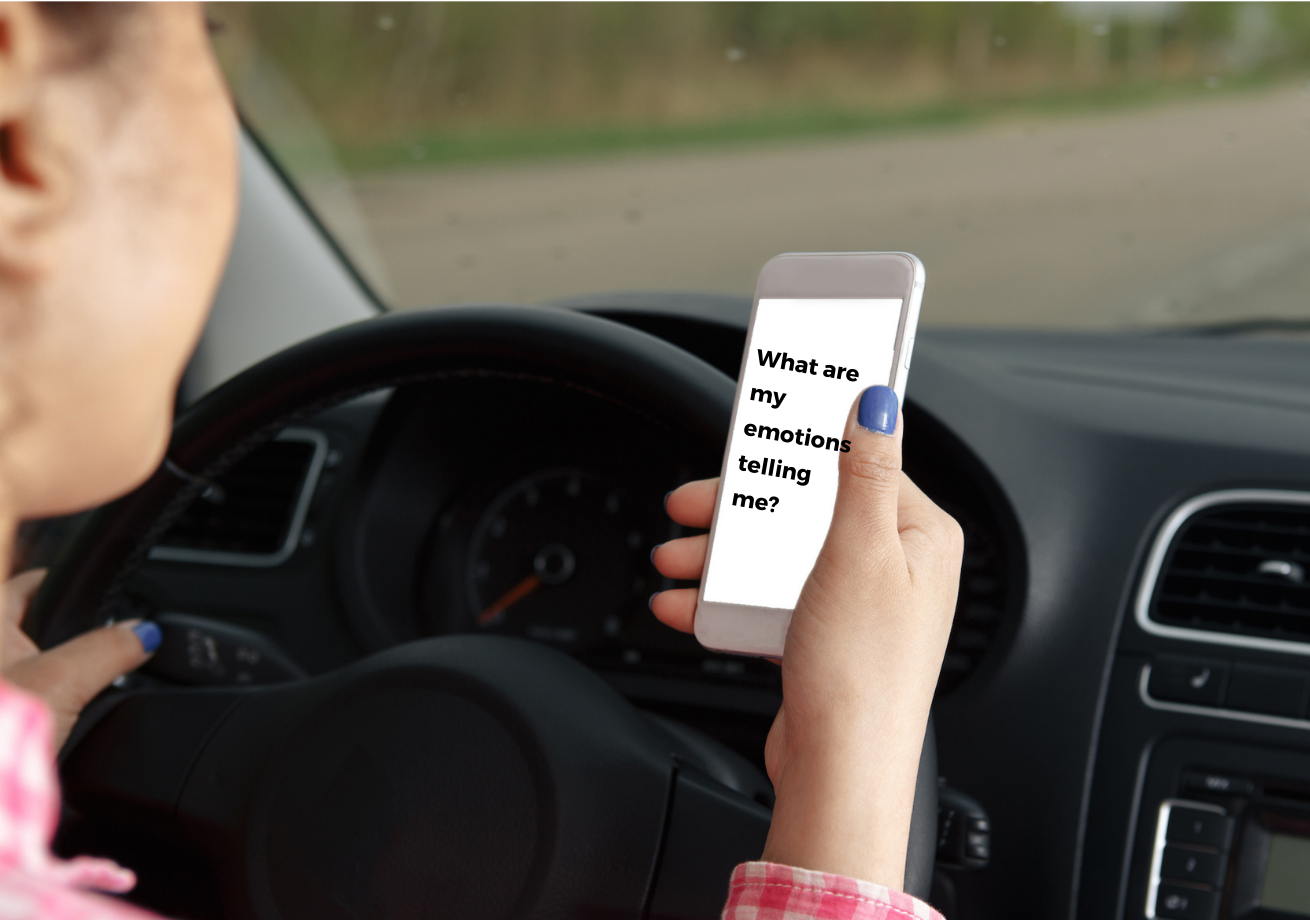
No matter who you are, where you live, or where you came from, we all have emotions that we can choose to acknowledge or choose to ignore, and what we decide will impact how we live our lives.
We’ve acknowledged that emotions exist for a reason, but if these emotions and feelings are our guidance system, how are we supposed to use them? Think of it this way…how useful is an actual GPS when you enter your destination but don’t listen to the directions? It is useless.
The same goes for your emotions. You know there is a reason you are feeling confused, angry, resentful, disappointed, joyful, blessed, etc., but now the problem becomes how to identify them, understand them, process them, and then integrate them properly into the system.
To do this, we must recognize that emotions and feelings are temporary. Think about them as an alert to tell us when something feels good and when something doesn’t feel right. The important thing that we need to learn is to recognize when our inner GPS is alerting us to a change in our feelings and then be able to process those feelings, adjust and self-regulate to change the outcome.
“We must first acknowledge that emotions are there for a reason. They are there to tell us how we feel, how we react to certain situations, and they guide us in making important decisions.”


One of my clients was out bowling with some new friends. Typically a very competitive person, my client described becoming agitated with some of the ladies for not paying attention to the order, taking too long in between turns, and having side conversations that distracted them from playing. She felt herself disengaging from the group, sitting by herself, letting the anger and frustration build up, focusing on how slow these people were bowling and why they weren’t taking this seriously.
Many people might question why this would bother her? Can’t she just relax and enjoy herself? Sure, but she was so conditioned to react this way from a past relationship that she was letting these unpleasant feelings take control during what was supposed to be a fun time with friends. But she did not want to feel this way. She wanted to get to know these people because she knew that if she continued to isolate herself, nobody would want to include her in things. Through our work together, she learned to recognize these emotional triggers. Her inner emotional GPS was signaling her to change directions and because she took my coaching program seriously, she was able to do just that.
She realized that she was being judgmental! It was supposed to be a fun night out with friends. It didn’t matter how many rounds they got to bowl or who won. So she got up from her seat and went over to a few ladies and joined their conversation. She started to loosen up and felt the tension and frustration ease until she was relaxed.
My client felt the inner GPS ALERT her to a change in behavior, PROCESS the situation quickly, and SELF-REGULATE her emotions to change course and have a great time with her new friends!
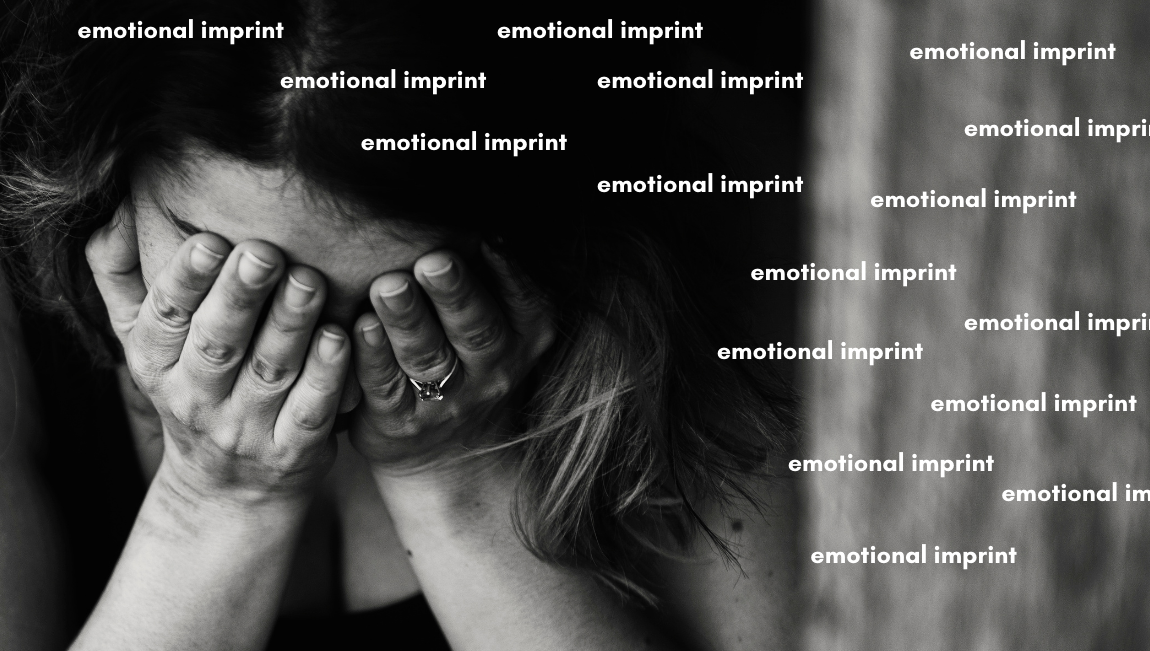
While this might seem simple, this was a huge win for my client because, in the past, she would have let those emotions take over, leaving her feeling frustrated and down on herself for missing out on a good time.
Now, there are cases where an emotional state manifests itself as something more “permanent” in your life, like those who suffer from anxiety and depression or people with anger management. If the feeling of anger stays for too long, it can become an automatic response to certain situations and therefore become a longer-lasting emotional state that takes more time and work to change.
An emotional state that “lingers” is often a sign that you are dealing with an undigested emotional pattern. The shaman called anger management problems a spirit of anger – spirit means that there is active energy in your field that needs to be integrated otherwise it will create chaos and destruction. They also call these energies emotional imprints.
“An emotional state that ‘lingers’ is often a sign that you are dealing with an undigested emotional pattern.”
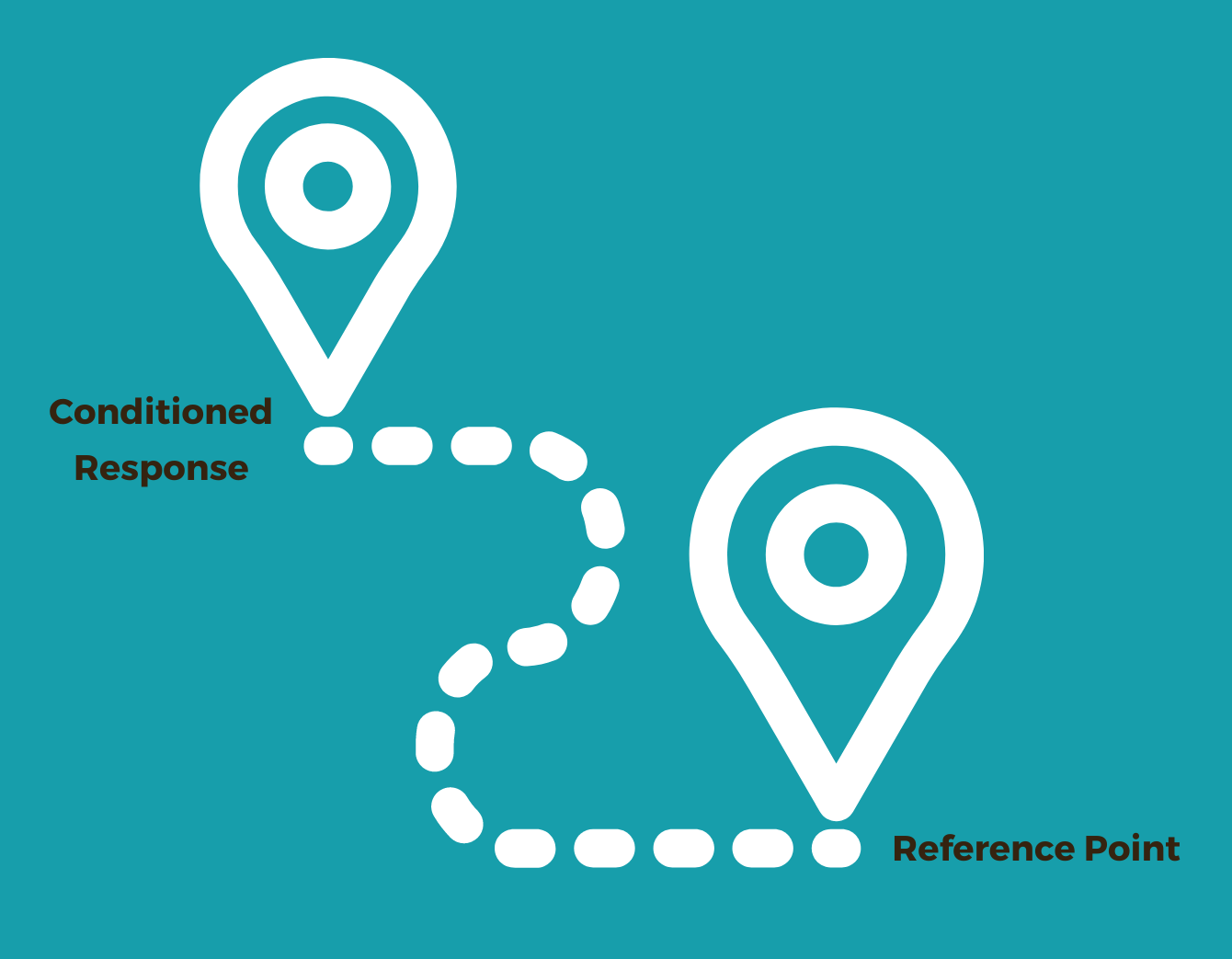
So, no, Boo, you are not just an angry person. You have an emotional imprint of anger that blocks you from feeling happy. Your internal emotional GPS has been conditioned to a certain emotional response based on past experiences (reference points).
The same thing happens to the GPS in your car. For example, when I go to the gym or the office at the same time each day, my GPS signals me when I turn it on to go to those places because it recognizes the pattern. The same can happen with your own inner GPS. If you want to change these patterns and conditioned responses, you need to help the system by understanding and healing the unresolved pain and wounds.
As I said before, my mother had conditioned me to think that I was an ungrateful person. To my surprise, It turned out I was not ungrateful at all. All of my anger, resentment, and even self-hatred came from untreated trauma of sexual abuse, molestation, losing my father when I was seven, losing my mom when I moved in with my older sister, losing my house, and my familiar surrounding.
I didn’t know how to talk about my feelings or acknowledge them, and I certainly did not know how to heal them. I was taught to “suck it up” and push forward, and like my mom said, “never complain, and just be grateful,” which I call toxic positivity.
Many of you will say that you didn’t have major traumas like sexual abuse and the death of a parent. You had your parents, a normal childhood, and nothing bad ever happened. You believe you don’t have a reason for feeling sad, angry, depressed, or anxious.

Trust me when I say that I have heard this argument countless times before- as if suffering is something that can be quantified. We must stop looking at trauma this way – no matter what the event, it is important, and so is the gravity of the event because of how that particular event impacts you and your life.
For instance, a client came to me with abandonment issues, shame, and a lack of self-worth. When we talked about her childhood, she said it was great and didn’t have a reason for feeling like she did. She had two loving parents, a nice home, and excelled in school and sports, but still, she hated herself, and until uncovering the reasons in therapy and then healing them in my coaching program, she felt guilty because she had never experienced anything “traumatic.”
We must understand that events impact each of us differently, and it’s unhealthy to diminish our experiences just because they don’t seem as bad as someone else’s. When we do that, we cannot honor our needs or heal our wounds. When we cannot honor our hurts, we become disconnected and judgmental.
It’s important to understand that suffering or pain, when channeled productively, means acknowledging our experiences, regardless of how bad or insignificant we thought it was, because we cannot heal our hurts until we acknowledge them.
Healing will expand our awareness and perception. It allows us to be more compassionate and loving towards ourselves and others.
“We must understand that events impact each of us differently, and it’s unhealthy to diminish our experiences just because they don’t seem as bad as someone else’s.”
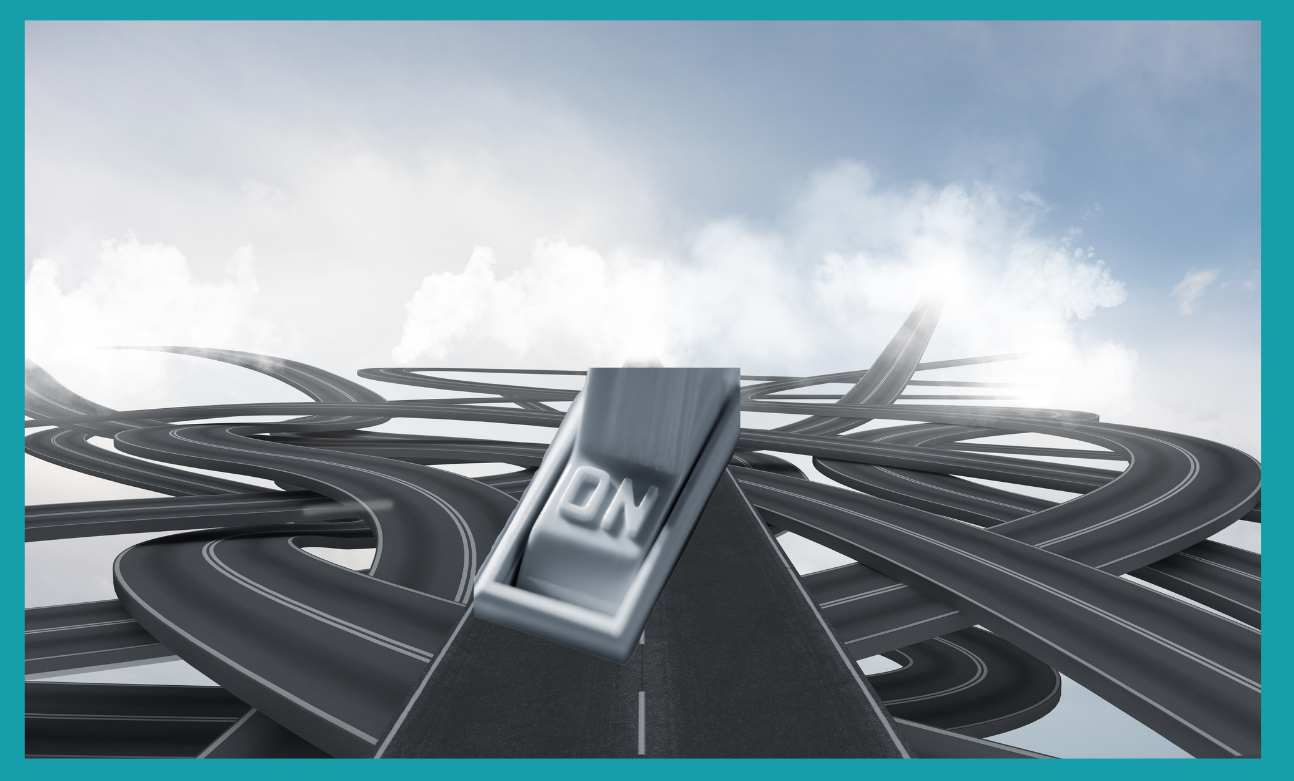
Whether your internal GPS has been conditioned over time to respond in a certain way or it is acting as an alarm system that signals you to pay attention to your emotional state, in order to change our patterns and heal our wounds we must first acknowledge that these emotions are there for a reason. Once we acknowledge these emotions, we can begin to understand them, process them, and use them to self-regulate our behaviors and heal our hurts.
So, let’s turn on our inner emotional GPS and learn to appreciate the range of feelings and emotions. Let’s acknowledge them instead of brushing them under the rug. Let’s learn how to use the system for healing and self-regulation so even when we are not happy we can be at peace within ourselves.
I assure you… If you are at peace with yourself you will be at peace with the world around you no matter how crazy it gets.





